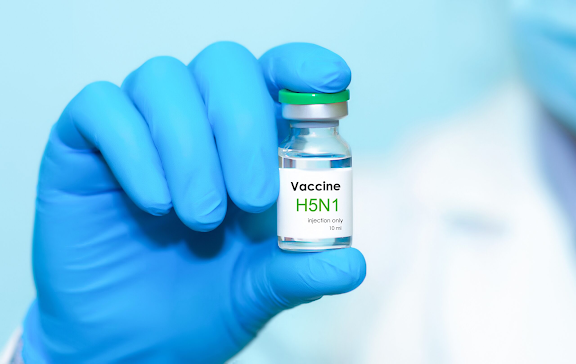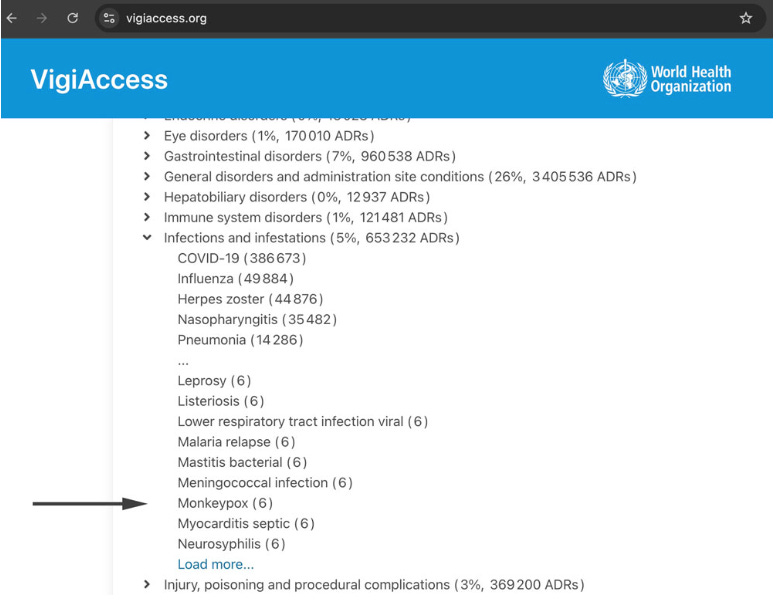 |
Trump bows again to Big Pharma in a BIG way! New Self-Amplifying mRNA vaccines coming soon! – The FAKE “pandemic” is NOT OVER!
Trump bows again to Big Pharma in a BIG way! New Self-Amplifying mRNA coming soon!
Trump Administration Accelerates Self-Amplifying Bird Flu Vaccine With Fast Track Approval
The ARCT-2304 vaccine, funded by BARDA and based on self-replicating mRNA, is undergoing expedited review amid pandemic preparedness efforts.
By yourNEWS Media Newsroom
The Trump administration has granted Fast Track designation to a self-amplifying mRNA vaccine for H5N1 avian influenza, marking a significant move in pandemic preparedness policy. The vaccine, ARCT-2304, developed by Arcturus Therapeutics, uses proprietary technology that replicates within the body’s cells to amplify immune response and is currently undergoing Phase 1 clinical trials.
The designation was announced on April 10 by the U.S. Food and Drug Administration (FDA), in conjunction with the Department of Health and Human Services and the Biomedical Advanced Research and Development Authority (BARDA). BARDA, which was instrumental in Operation Warp Speed, is again playing a lead role in the funding and acceleration of next-generation vaccine technologies.
“We are pleased to receive Fast Track Designation from the FDA for ARCT-2304,” said Joseph Payne, President and CEO of Arcturus Therapeutics. “We remain steadfast in our commitment to the U.S. government to develop safe and effective STARR® next-generation mRNA vaccines to protect U.S. citizens from future pandemic threats. This designation from the FDA is an important step forward in our mission to provide protective solutions for global health crises.”
ARCT-2304 utilizes Arcturus’ STARR® platform and LUNAR® delivery system, allowing the vaccine to be freeze-dried and refrigerated, thus avoiding the ultra-cold storage hurdles that complicated earlier COVID-19 vaccine rollouts. Unlike traditional mRNA vaccines, which are quickly degraded by the body, self-amplifying mRNA vaccines replicate inside the host’s cells, potentially triggering a stronger immune response at lower doses.
Federal taxpayers are covering the cost of development under BARDA contract No. 75A50122C0007, continuing the public-private model used during the previous administration’s pandemic response. The arrangement has drawn renewed scrutiny over financial accountability and risk-sharing, especially as pharmaceutical companies retain intellectual property rights and profits.
The Trump administration’s pandemic strategy has emphasized preparedness for zoonotic threats, such as avian influenza, and ARCT-2304 is among the first candidates to be fast-tracked using sa-mRNA technology. The FDA’s Fast Track designation is reserved for drug candidates targeting serious or life-threatening conditions that show promise in addressing unmet medical needs. It facilitates more frequent communication with the agency and permits rolling data submissions to accelerate the review process.
Self-amplifying mRNA technology remains experimental. During the COVID-19 pandemic, mRNA vaccines developed by Pfizer-BioNTech and Moderna were administered globally under emergency authorizations before receiving full approval for select groups. Though widely credited with reducing hospitalizations and deaths, those vaccines also generated public concern due to reported side effects and the rapid nature of their development and deployment.
The ARCT-2304 candidate is being developed specifically to target the H5N1 bird flu virus, a strain with known zoonotic potential and periodic outbreaks in poultry and wild birds. Federal health officials have stated that early intervention with effective vaccines is essential to mitigate the risk of a future avian influenza pandemic.
BARDA’s involvement gives the project high-level federal backing, echoing its leadership role in the rapid development and distribution of COVID-19 countermeasures. The agency has been granted expansive authority to fund, coordinate, and fast-track pandemic-related therapeutics and vaccines across multiple sectors.
As testing continues, Arcturus and government partners have indicated that further clinical phases will be required before any large-scale deployment of the vaccine. The administration has not released a projected timeline for completion of trials or possible emergency authorization.















